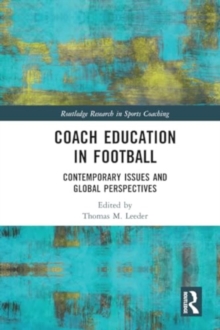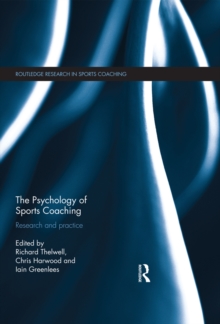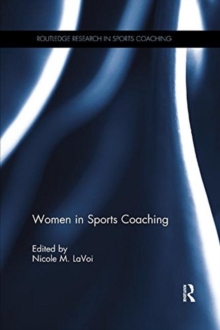
Team Sports Training : The Complexity Model Paperback / softback
by Javier Mallo
Part of the Routledge Research in Sports Coaching series
Paperback / softback
Description
Team Sports Training: The Complexity Model presents a novel approach to team sports training, examining football (soccer), rugby union, field hockey, basketball, handball and futsal through the paradigm of complexity.
Under a traditional prism, these sports have been analysed using a deterministic perspective, where the constituent dimensions of the sportsmen were independently examined and treated in isolation.
It was expected that the body worked as a perfect machine and, once all the components were maximised, the sportsmen improved their performance.
If the same closed recipe was applied to all of the players who formed part of the squad, the global team performance was expected to be enhanced. As much as these reductionist models seem coherent, when contrasted in practice we see that the reality of team sports is far more different from the closed conditions in which they were idealised.
Team sports contain variable, heterogeneous and non-linear constraints which require the development of a different logic to organise their training. During the last few years, ecological psychology, the dynamical systems theory or the constraints-led approach have opened interesting fields of research from which many conceptual foundations can be applied to team sports.
Based on this contemporary framework, the current book presents the study of the players and the teams as complex systems, using coordination dynamics to explain the emergence of the self-organisation episodes that characterise them.
In addition, this thinking line provides the reader with the ability to apply all of these innovative concepts to their practical training scenarios.
Altogether, it is intended to challenge the reader to re-think their training strategy and to develop an original theory and practice of training specific to team sports.
Information
-
Out of stock
- Format:Paperback / softback
- Pages:216 pages
- Publisher:Taylor & Francis Ltd
- Publication Date:13/06/2022
- Category:
- ISBN:9781032336879
Other Formats
- Hardback from £135.00
Information
-
Out of stock
- Format:Paperback / softback
- Pages:216 pages
- Publisher:Taylor & Francis Ltd
- Publication Date:13/06/2022
- Category:
- ISBN:9781032336879










